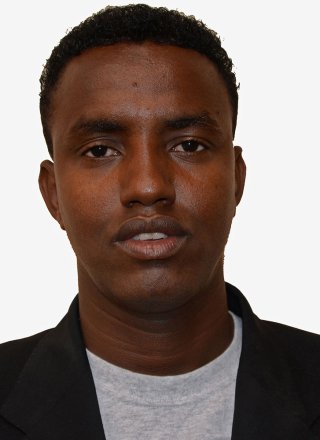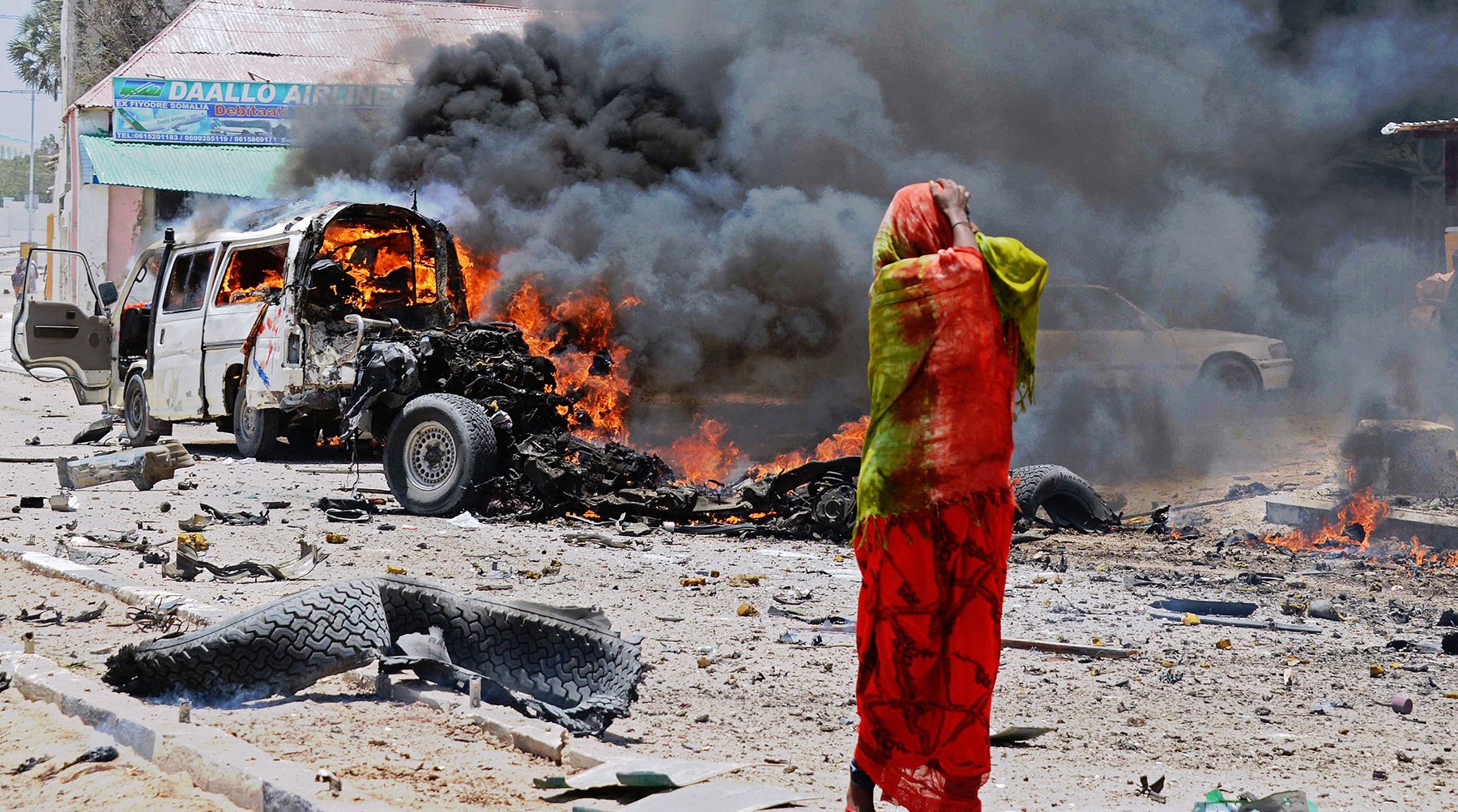
Somalia
Mohamed Abdiwahab
AFP
Mohamed Abdiwahab (28) is based in Mogadishu where he has been working for AFP since 2011. After completing secondary school, he did correspondence courses and learned on the job while working with local journalists. The exhibition shows the experience of the people of Somalia, a life shattered by attacks and rival gangs, where violence is part of everyday life, with car bombs, smoking wrecks and buildings in ruins providing the stories for his reports. Al-Shabaab Islamists have been leading an insurgency in Somalia since 2007, using guerilla tactics and suicide bombers and targeting key sites in the capital, Mogadishu.
“Every day starts the same way for me, and ends exactly the same way. I expect the worst, but hope for the best. You never know if you’ll get home alive. Most stories I do are related to violence, and I could easily be a victim myself. Friends and family have been exerting pressure on me because they think my job’s too dangerous. Every day I pray to God, asking Him to get me home safe and sound.
“When I have to cover a funeral or a story about a colleague killed here, it doesn’t mean just taking pictures. Why is all of this going on? Why kill a journalist, an innocent person? Unfortunately, there’s no answer to these questions for the moment. I sometimes imagine myself in the picture, see myself lying there in the grave. It might’ve been my turn.
Preview
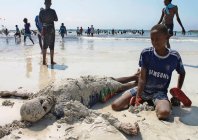
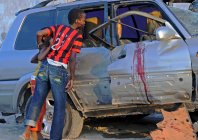

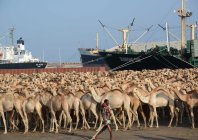
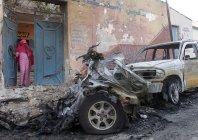
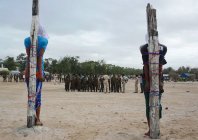
“Working in Somalia means walking on the razor’s edge. The risk is so much greater than the end result in work. I like the job; it has many challenges that are worthwhile, but I realize that I’m living from one day to the next. “Occasionally certain pictures can make me really happy; I’m talking about rare photos showing scenes of everyday life, the same sort of shots taken by colleagues living in so-called ‘normal’ parts of the world. My day-to-day work is reporting on bomb attacks. These scenes torment me and give me nightmares.”
Somalia has not had any effective central government since 1991 with the fall of President Siad Barre and his authoritarian regime. The country has been in a permanent state of civil war ever since, with militia forces, warlords, criminal gangs and Islamist groups.
Al‑Shabaab (“The Youth” in Arabic) is the militant group leading the armed insurgency in Somalia. After first pledging obedience, it became part of Al‑Qaeda in 2012. Al‑Shabaab, with an estimated 5000 to 9000 members, emerged after the splintering of the Islamic Courts Union which had controlled the center and south of the country, including the capital Mogadishu, for six months in 2006, until ousted by Ethiopian troops.
In August 2011, AMISOM forces (the African Union Mission in Somalia operating since 2007) drove Al‑Shabaab out of Mogadishu. Al‑Shabaab has gradually been forced to abandon its strongholds, but still controls vast areas in rural zones, and remains the main threat to peace in the country.






